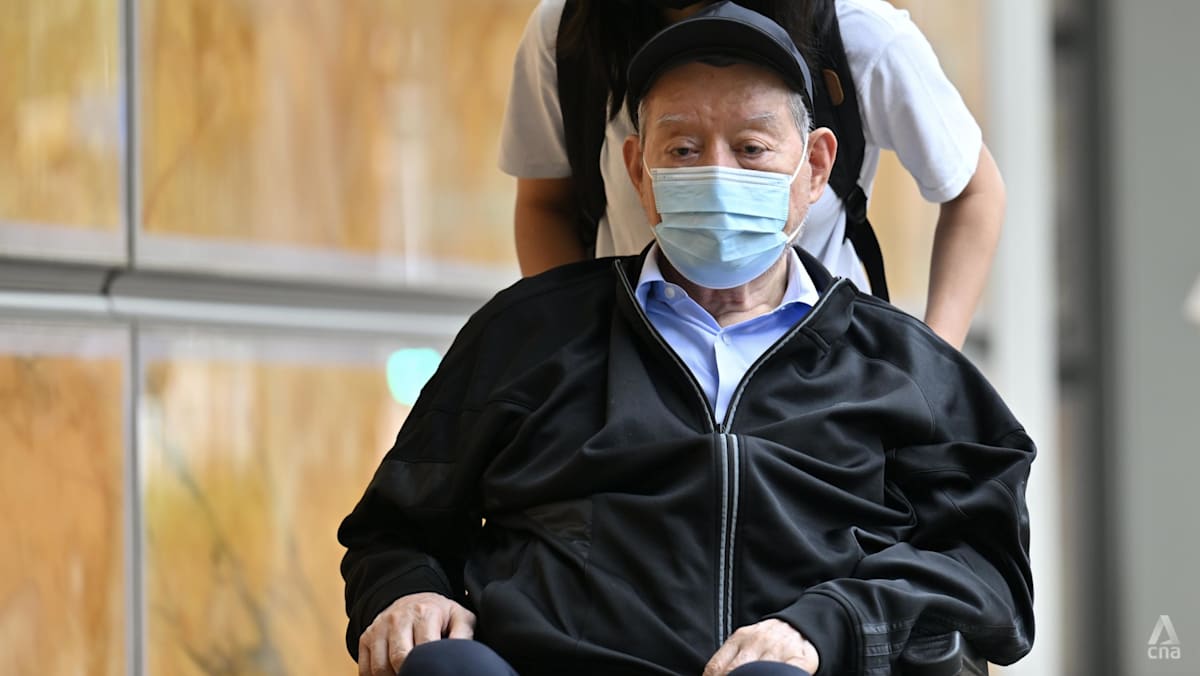Many engineering graduates also end up choosing a different career path.
Mr Chan Ewe Jin, president of the Institution of Engineers Singapore, said that factors such as long working hours and a lack of public appreciation for the complexity of engineering work deter young professionals.
On top of this, he said, remuneration often does not match the time and effort needed to progress in the profession.
“Unlike some other professions, an engineering career develops through mentoring, structured training and considerable hands-on experience, which naturally takes time to acquire,” he said.
For Mark, learning that his internship company paid below-average starting salaries to entry-level engineers was a turning point.
“The whole financial aspect of being an engineer in Singapore is anything but attractive,” he said.
Based on the latest graduate employment survey, fresh graduates in traditional engineering disciplines at NUS, NTU and SIT earned median gross monthly salaries of S$4,000 to S$5,500 (US$2,930 to US$4,030). The data takes into account graduates who have already left the industry.






